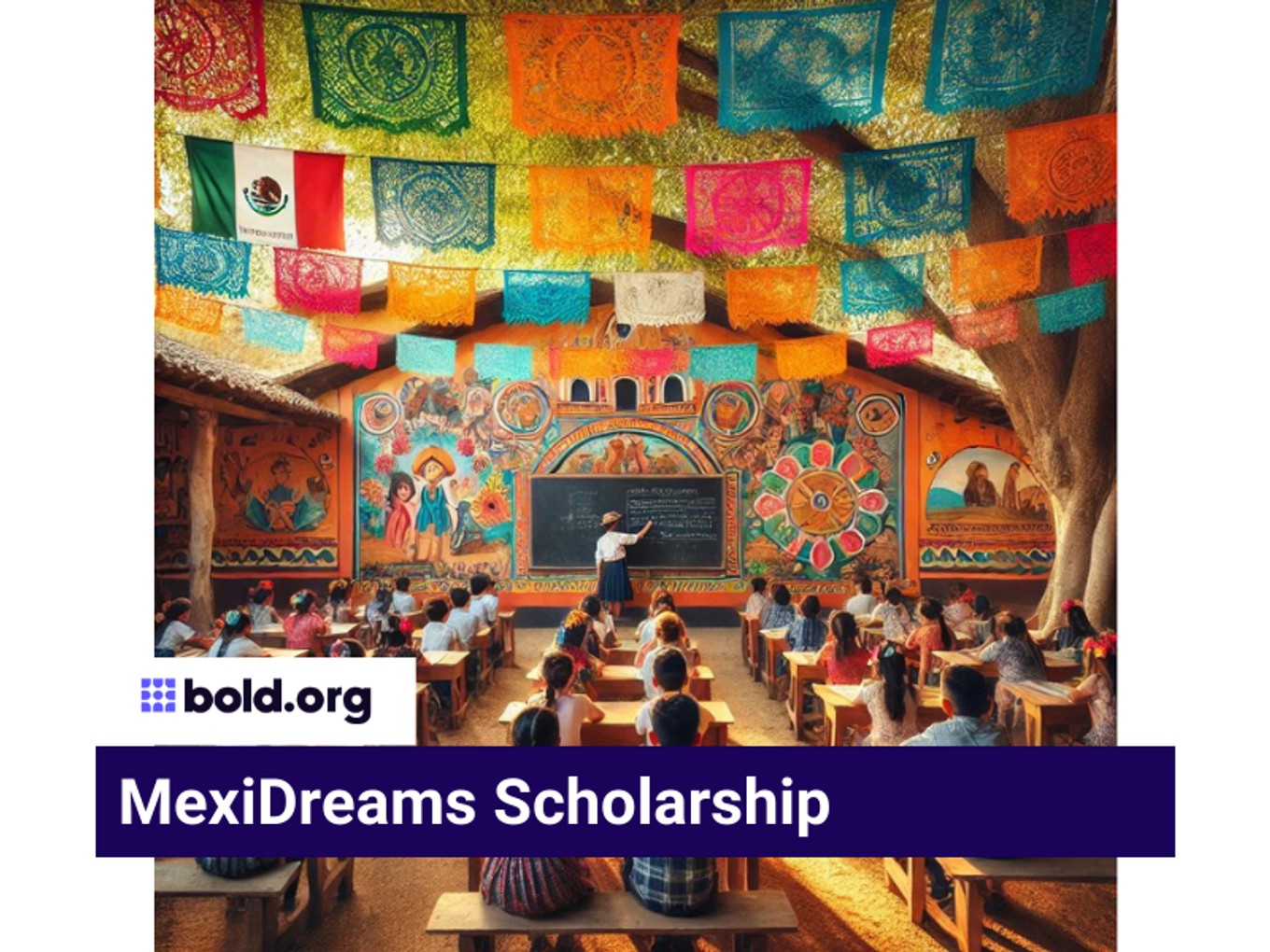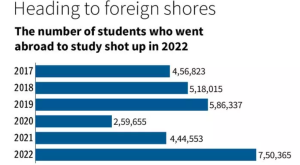- Full Funding Scholarships: These scholarships cover all expenses, including tuition fees, living stipends, and research materials. This type of scholarship is highly desirable as it relieves financial burdens for international students.
- Partial Funding Scholarships: These scholarships provide partial financial assistance, typically covering tuition fees or a portion of living expenses. This option can be beneficial for students who need financial support but may also be able to cover some expenses themselves.
- Research-Specific Scholarships: These scholarships are tailored to particular research areas or projects, often offered by organizations or institutions with a specific focus. These scholarships encourage research in areas that align with the priorities of the funding body. Examples include scholarships for environmental research or scholarships for research in artificial intelligence.
Scholarship Criteria Comparison
Several factors influence the selection process for PhD scholarships. A strong application often hinges on demonstrating academic excellence, research potential, and a clear alignment with the scholarship’s objectives.
- Field of Study: Some scholarships are discipline-specific, focusing on particular areas like engineering, medicine, or humanities. Others may be open to a broader range of disciplines. This specificity allows targeted support for specific research areas.
- Grade Point Average (GPA): A high GPA is often a crucial criterion, demonstrating academic rigor and success in previous studies. GPA requirements vary depending on the scholarship and institution, reflecting the importance placed on academic performance.
- Research Experience: Scholarships often prioritize candidates with previous research experience, such as publications, internships, or independent research projects. This demonstrates the candidate’s commitment to research and their ability to contribute meaningfully to the field.
- Language Proficiency: Demonstrating proficiency in the language of instruction is frequently required, particularly for international students. Tests like TOEFL or IELTS are often used to assess language skills.
Specific Scholarship Requirements
Each scholarship program comes with specific requirements. These requirements often include detailed application forms, supporting documents, and specific deadlines.
- Letters of Recommendation: Letters of recommendation from professors or supervisors are essential components of many scholarship applications. These letters provide insights into the applicant’s academic abilities, research potential, and character.
- Statement of Purpose: A compelling statement of purpose is a critical aspect of the application. It Artikels the applicant’s research interests, career goals, and how the scholarship will contribute to their academic and professional development.
- Transcripts: Official academic transcripts are typically required to verify the applicant’s academic record and GPA.
Scholarship Provider Comparison Table
This table provides a comparative overview of scholarship providers. Note that specific criteria and requirements vary, and this is not an exhaustive list.
| Scholarship Provider | Field of Study Focus | GPA Requirement | Research Experience Required | Language Proficiency Test |
|---|---|---|---|---|
| Institution A | Engineering, Computer Science | 3.5+ | Relevant internships/projects | TOEFL/IELTS |
| Organization B | Environmental Sciences | 3.8+ | Publication in peer-reviewed journals | IELTS |
| University C | Arts and Humanities | 3.7+ | Participation in research seminars | TOEFL |
| Foundation X | Broad range of disciplines | 3.6+ | Research proposal submission | TOEFL/IELTS |
Application Procedures and Deadlines
Securing a PhD scholarship involves a meticulous application process. Understanding the steps and deadlines is crucial for successful application. This section details the procedures and timelines, essential documents, and illustrative examples of successful applications.
Application Steps
The application process typically involves several key steps. First, candidates should carefully review the scholarship guidelines and eligibility criteria to ensure they meet the requirements. Thorough research into the specific requirements of each scholarship is vital. Next, candidates should prepare the necessary application documents, including transcripts, letters of recommendation, and a compelling statement of purpose. A well-structured application is critical to showcasing the candidate’s qualifications and research interests.
Finally, candidates must submit the application before the specified deadline. Prompt submission is essential to avoid missing the application window.
Required Documents
A comprehensive application package is paramount. Key documents typically include transcripts, demonstrating academic achievements. Letters of recommendation from professors or mentors are vital, providing insights into the candidate’s abilities and character. A strong statement of purpose, articulating research interests and career aspirations, is a crucial component. These documents provide a holistic view of the candidate’s qualifications and motivations.
Other supporting documents may include CVs, research experience descriptions, and language proficiency test scores, depending on the specific scholarship criteria.



